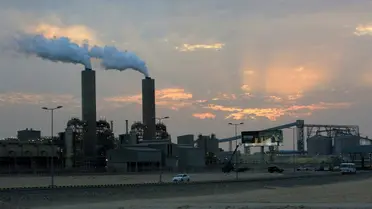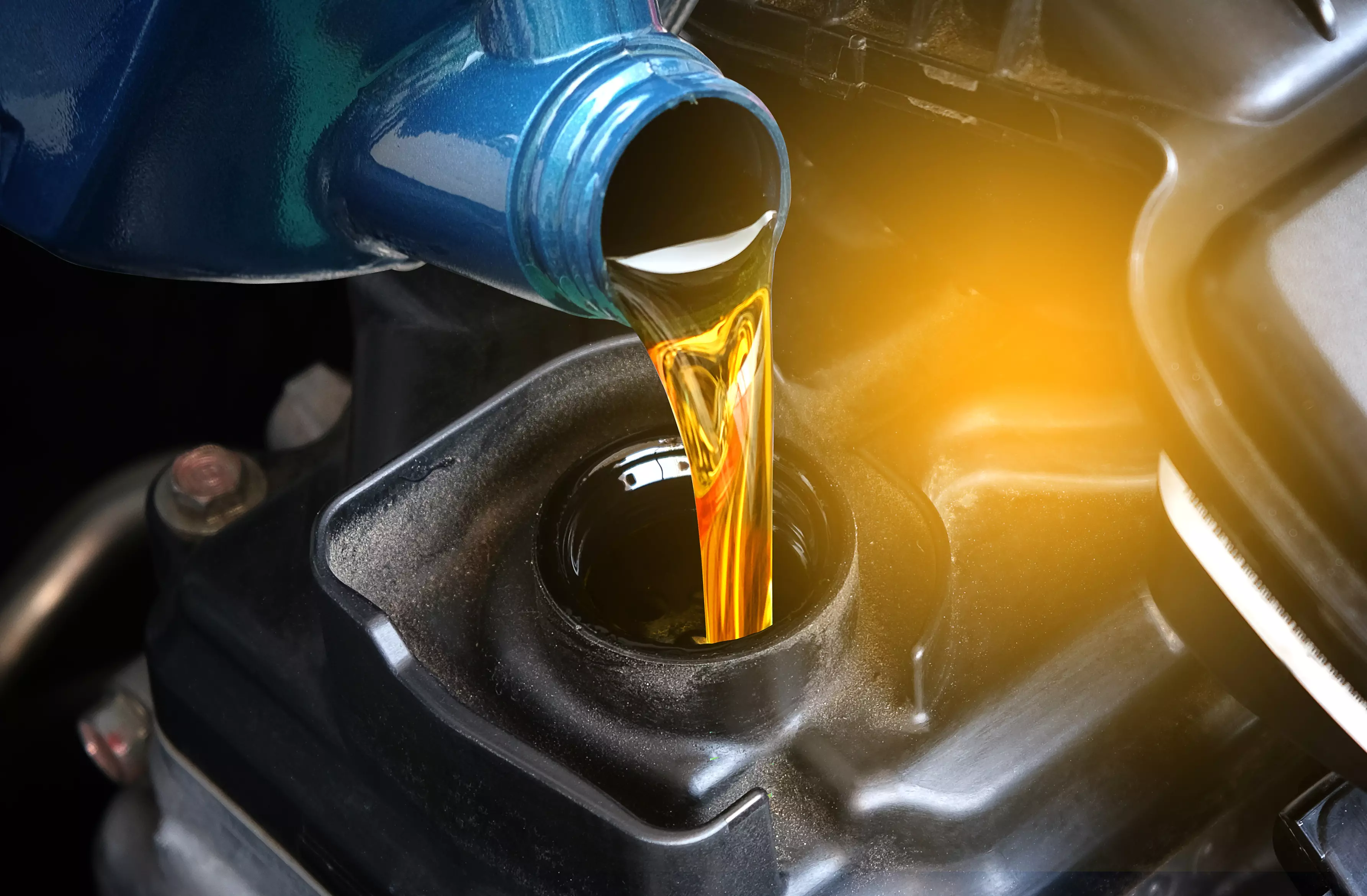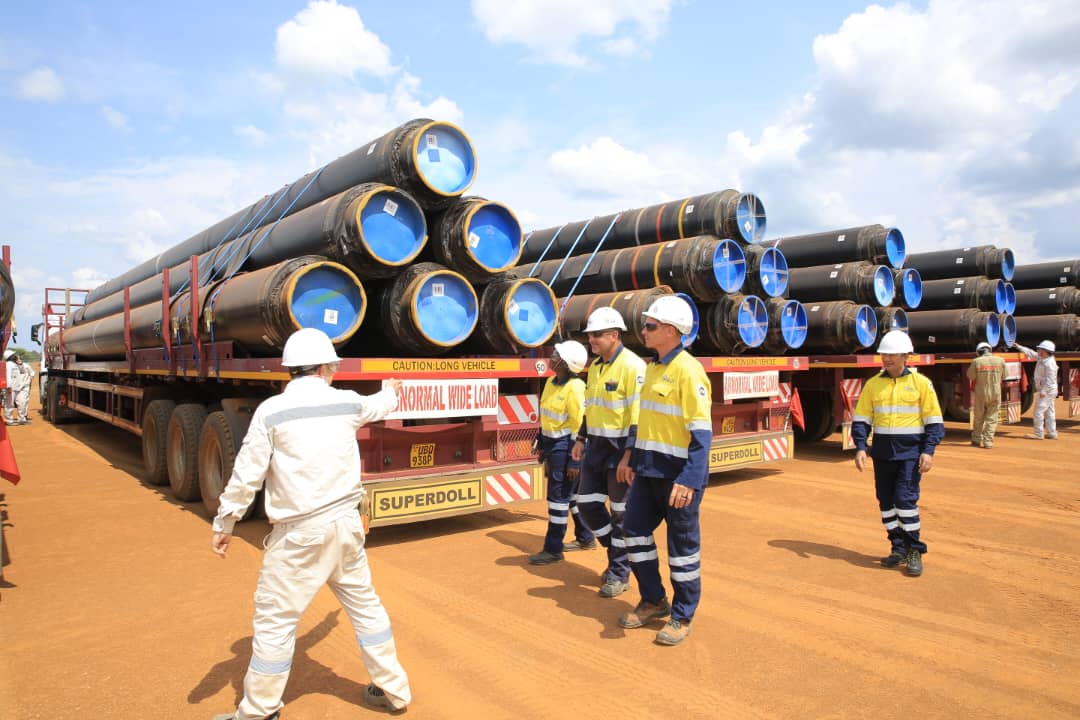Distribution

Nigerian remains the path to Africa’s energy security

Nigeria’s Minister of State for Petroleum Resources (Oil), Senator Heineken Lokpobiri, says that Nigeria remains the path to Africa’s energy security, assuring that it runs through the gates of Nigerian our refineries.
Speaking at the Crude Oil Refinery Owners’ Association of Nigeria (CORAN Summit 2025) in Lagos, Senator Lokpobiri reaffirmed the commitment of the Nigerian government to advancing indigenous crude oil refining as the pathway to achieving energy security, economic growth, and regional integration across Africa.
In the regional context, Lokpobiri revealed that Nigeria has launched the West African Fuel Reference Market, designed to make the country a refining and product supply hub for the sub-region.
This initiative, according to him, aligns with the African Union’s vision for energy integration and supports intra-African trade under the African Continental Free Trade Area (AfCFTA).
“The Federal Government remains fully committed to supporting indigenous refiners, strengthening regulatory institutions, and creating an enabling environment for sustainable downstream growth,” he declared.
Lokpobiri praised the efforts of the Nigerian refinery operators and reiterated that local refining remains central to national energy independence and industrial revitalization.
“The summit could not have come at a better time,” Lokpobiri said. “Nigeria and indeed Africa stand at a critical juncture that calls for decisive action to guarantee our energy security, promote indigenous refining and position the continent as a net exporter of petroleum products.”
He cited success stories in the Nigerian oil industry, such as Dangote Refinery & Petrochemical, Waltersmith Petroman Refinery and Aradel Holdings, describing them as symbols of confidence in Nigeria’s policy direction.
According to him, the Nigerian government is committed to replicating similar successes across all oil-producing states.
Lokpobiri outlined several ongoing reforms in the downstream sector through the Nigerian Midstream and Downstream Petroleum Regulatory Authority (NMDPRA), emphasizing that the government has streamlined licensing processes from establishment to operation, to encourage genuine investors and eliminate bureaucratic bottlenecks.
He also highlighted the implementation of the Domestic Crude Oil Supply Obligation (DSCO), ensuring refiners have access to feedstock and introduced the Naira-for-Crude initiative as a strategic step to stabilize costs, mitigate exchange rate risks, and boost indigenous refining.
“No nation can claim energy independence if it cannot refine its own crude,” he said, adding that every barrel produced in Nigeria must contribute to both domestic consumption and export goals.












